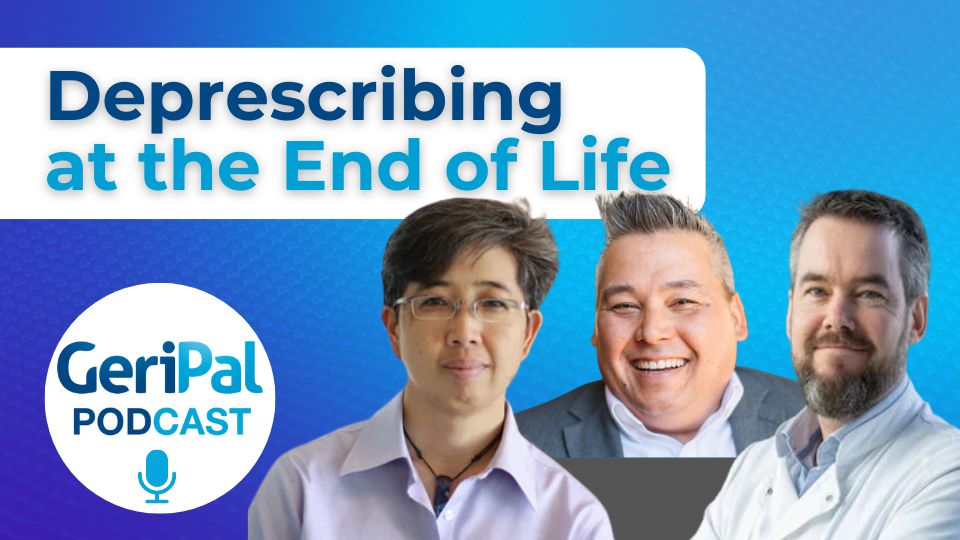
In this and upcoming posts, we will review some educational products in both geriatrics and palliative care.
For many of us, it is the beginning of the academic year, and it is our best chance to have an impact on the care of our GeriPal patients. Some of us are already cringing at the notion of walking in to discover that one of our GeriPal patients has received benzodiazepines overnight for behavioral problems likely related to delirium. Now is the best time to think about education interventions for our various trainees regarding the 3Ds!

To start, the Portal of Geriatric Online Education (POGOe) http://www.pogoe.org has excellent resources.
“The 3D’s of Cognitive Impairment: An interactive card-sorting exercise”. This is a fun and easy to play game. Once you print out the cards and cut up, you can easily carry around with you and no technology is needed to play! We have played this with all levels of learners– medical students, residents, and even fellows. We have had great success playing this game with our hospital ward-teams and other student disciplines (i.e. nursing, pharmacy). There are 3 categories– Dementia, Delirium and Depression. You divide your learners into two teams and each takes turn placing the cards (i.e. attention normal, lasts days to weeks, progressive, Mini-cog) into the correct category. Each team gets a point for placing it correctly. You discuss why it belongs under Dementia/Delirium/Depression, so they are all learning with each turn. Some cards do cross into more than one category, but this makes discussion interesting and ultimately you choose which is best (there is also a scoring sheet to help you!). In the end, one team wins, but all have learned. Don’t forget that candy, snacks and prizes always help make any game more fun. (REF: Paniagua, M, van Zuilen, M, Pua, R, Mintzer, M and Silver, I. (2009). The 3D’s of Cognitive Impairment: An interactive card-sorting exercise. POGOe – Portal of Geriatric Online Education. Retrieved July 02, 2012)
Another educational activity, “The Three D’s Worksheet”, covers a hospitalized older adult case utilizing PowerPoint slides with prompting questions provided in the facilitator guide. Learners get to think through a worksheet individually and it takes about 20minutes. This educational activity is also great for varying levels of trainees and disciplines. (REF: Wen, A. (2010). The Three D’s Worksheet. POGOe – Portal of Geriatric Online Education. Retrieved July 02, 2012)
There are many more great teaching resources out there, so please help us discuss and share those that you find helpful in the GeriPal comment section.
Wishing you all the best in your teaching adventures.
by: Amy M. Corcoran and Rachel K. Miller



